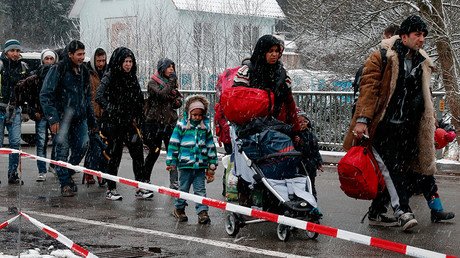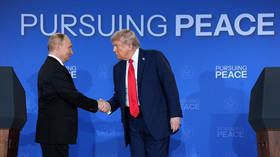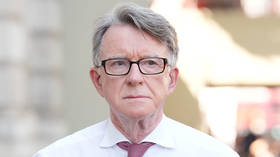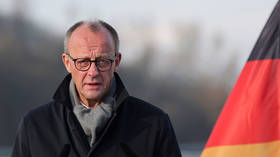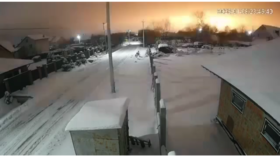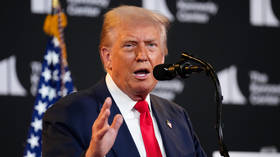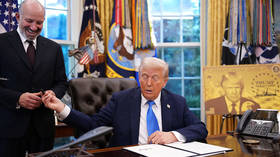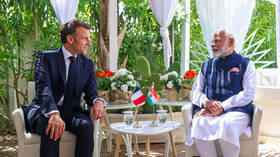Austria suspends Schengen agreement, steps up border control, tells EU to sort out migrant crisis
Vienna is radically changing its policy towards migrants and refugees, Austrian Chancellor Werner Faymann told local media. Faymann said that with the new measures introduced at Austria’s borders, the existence of “the whole EU is in question.”
“All refugees must be controlled, economic migrants must be sent to the countries of their origin,” Faymann said in an interview with Austria’s Oesterreich newspaper, to be published on Sunday.
The government is implementing a strict monitoring system for asylum seekers, the chancellor said, adding that, just like in neighboring Germany, its border controls are being tightened, and repatriations of refugees are carried out.
“Anyone who arrives at our border is subject to control,” Faymann said. A valid identity card will now have to be provided to authorities, and those who do not have a right to asylum or have been already rejected by Germany will be denied entry, as will those who don’t intend to apply for refugee status in Austria.
Consequently, the Schengen agreement on open borders is “temporarily cancelled” in Austria, the chancellor said.
“If the EU does not manage to secure the external borders, Schengen as a whole is put into question...Then each country must control its national borders,” Faymann told the newspaper, adding that if the bloc’s external borders are not secured in the near future, “the whole EU [will be] in question.”
READ MORE: EU countries ‘failed to deliver’ on promises to resolve refugee crisis – Juncker
“So far, the Schengen agreement does make provision for what they call exceptional measures. So this doesn’t mean that de jure there is yet a complete collapse of the Schengen. What it does mean is that we are seeing the beginning of a de facto collapse,” William Mallinson, a writer and former British diplomat told RT. “If this continues, Schengen will actually die,” he added.
The new regulations issued by the Austrian Defense Ministry came into effect on Saturday, with the army being deployed at the borders to stop refugees who intend to simply transit through the country and not apply for asylum there.
Over 3,000 migrants that arrived under false identities have already been sent back since the beginning of the year, border officials reported.
“It’s big business and what hasn’t yet been ascertained is who is running this show. A lot of [fake documents] are quite well produced, which means certain groups are actually making a lot of money and causing a lot of problems,” Mallinson said, adding that “it’s very difficult to distinguish between genuine refugees and those – and there are many of them – who are jumping on the bandwagon and coming in [to Europe].”
‘Biggest refugee inflow still ahead:’ 10 million could come to Europe – German minister
https://t.co/pTIPTmpZompic.twitter.com/5nbEZggQMa
— RT (@RT_com) January 12, 2016Earlier on Friday, the policy of free movement within the European Union was questioned by Germany’s finance minister, Wolfgang Schauble. Europe’s open borders might be “close” to an end, the minister said after a meeting of the EU’s finance ministers in Brussels. The Schengen system could soon collapse, with more of the bloc’s 28 member states introducing internal border checks, the German official told reporters.
